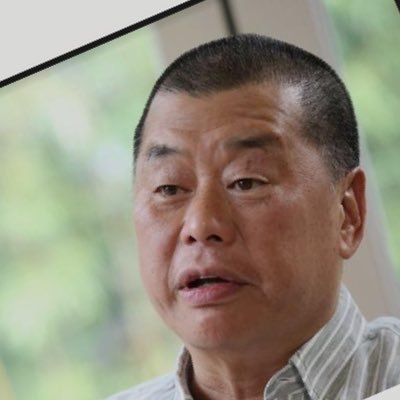Hong Kong police raids outspoken media tycoon's office
Lai's aide Mark Simon wrote in a post on Twitter that 14 police officers visited Lai's office and confiscated documents. Lai, 71, is an outspoken pro-democracy figure who regularly criticizes China's authoritarian rule and Hong Kong's government.

- Country:
- China
Hong Kong police raided the private offices of media tycoon and pro-democracy activist Jimmy Lai on Thursday, according to Lai's aide. Lai's aide Mark Simon wrote in a post on Twitter that 14 police officers visited Lai's office and confiscated documents.
Lai, 71, is an outspoken pro-democracy figure who regularly criticizes China's authoritarian rule and Hong Kong's government. He is also the founder of media company Next Digital, which operates pro-democracy newspaper Apple Daily. It is not clear what the police were looking for or why they conducted the raid. Hong Kong police did not immediately respond to a request for comment.
“I spoke with police they said they would remain until our lawyer arrived,” Simon wrote. “They did not, they took documents and departed before our lawyer arrived.” The raid comes ahead of Lai's scheduled court appearance Thursday on charges of joining an unauthorized assembly on June 4. Lai and several other pro-democracy activists, include Lee Cheuk-yan and Joshua Wong, were charged after they participated in a now-banned candlelight vigil marking China's bloody Tiananmen crackdown in 1989. The vigil is held annually. Simon said on Twitter that the police were “still trying to make civil disputes into criminal cases.” He said funds that Lai used to support Apple Daily were frozen.
Police arrested Lai in August under Hong Kong's new national security law and also raided the headquarters of Next Digital. Lai was released on bail. The national security law, which outlaws subversion, secession, terrorism and collusion with foreign forces to intervene in Hong Kong's internal affairs, has added to fears it will be used to silence dissent.
Pro-democracy supporters say the legislation effectively ends the “one country, two systems” framework under which semi-autonomous Hong Kong has been operating under since Beijing took over the former British colony in 1997..
(This story has not been edited by Devdiscourse staff and is auto-generated from a syndicated feed.)
- READ MORE ON:
- Tiananmen
- Jimmy Lai
- Lee Cheuk-yan
- Next Digital
- British
- Lai
- Mark Simon
- Simon
- Joshua Wong
ALSO READ
Canadian espionage agency claims China interfered with last two elections won by Trudeau
Tragic Hong Kong building fire claims the lives of at least 4, leaving 12 injured
Tragic accident in Kerala claims 2 lives after train collision
Tragedy strikes Hong Kong as fire claims lives of 5 and injures 27 in residential building
Adelaide's tree loss crisis: Urgent action needed to protect our urban forests and livability










